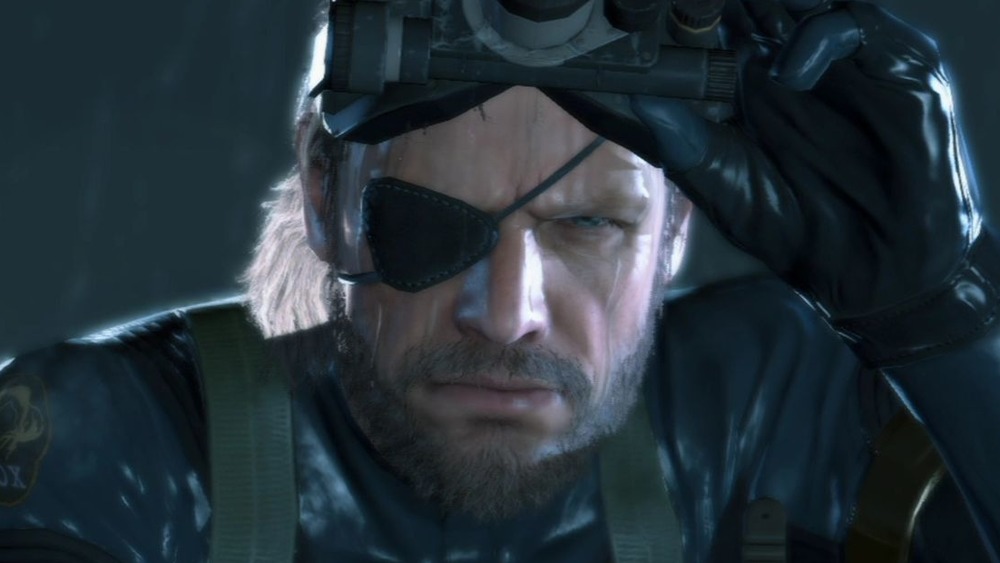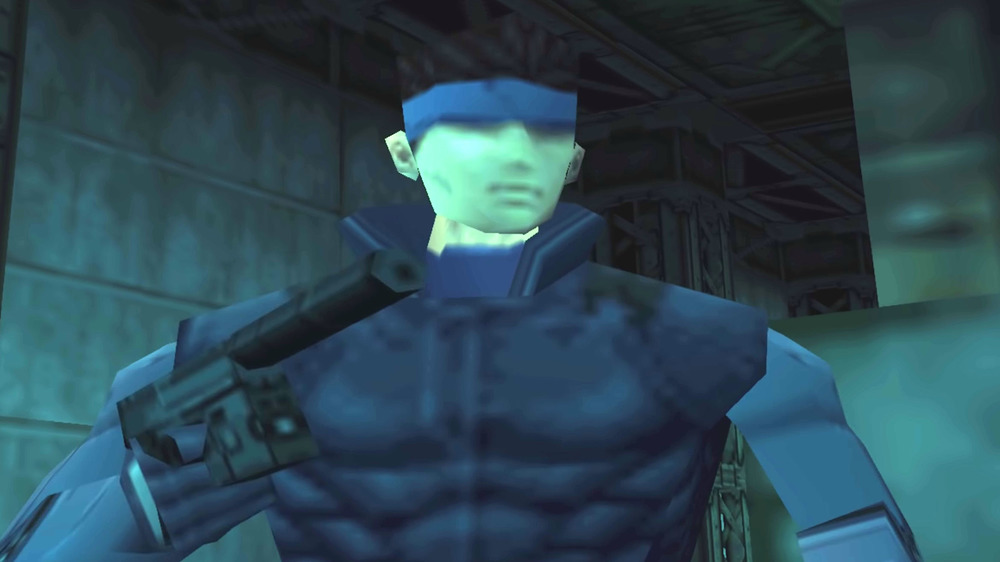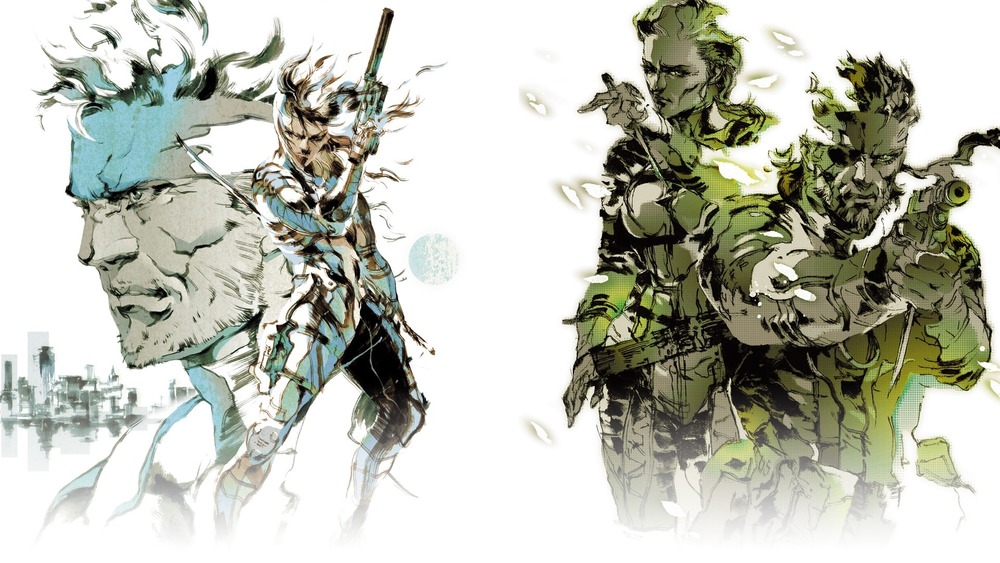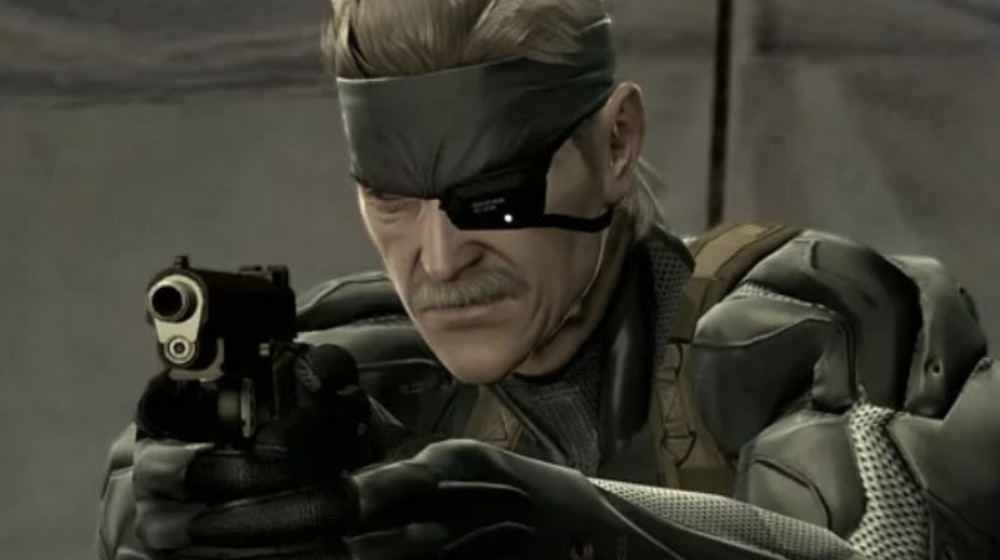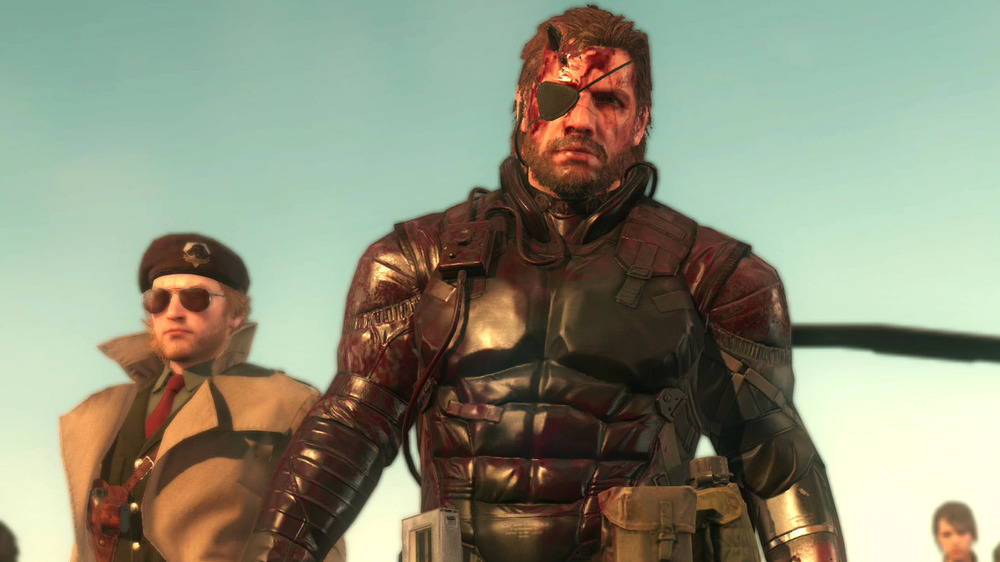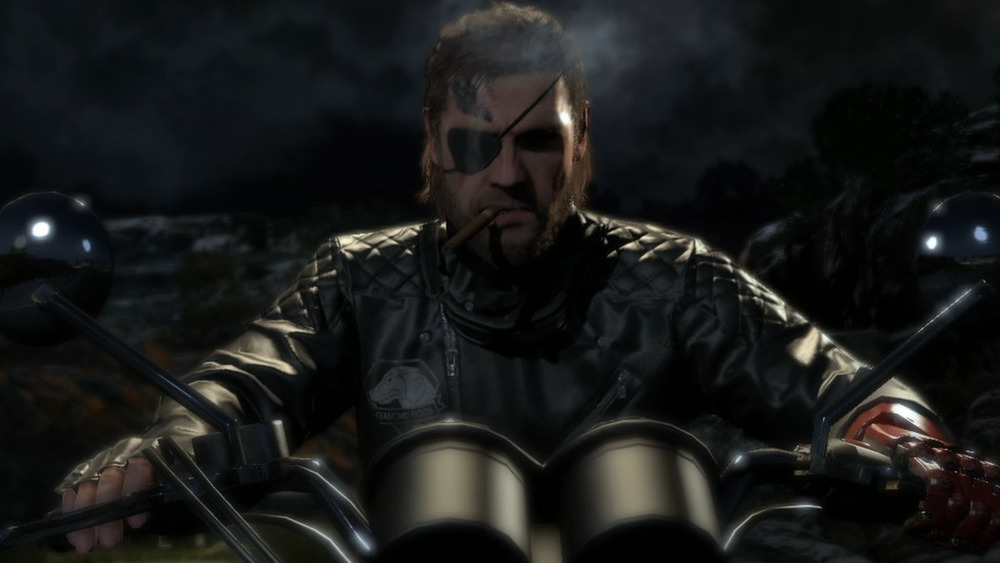The Rise And Fall Of Metal Gear Solid
From its debut in 1998, the Metal Gear Solid series weathered a number of ups and downs. Each core entry was more or less successful, with the series selling over 53.8 million units as of 2018, which is still a feat in and of itself. This was all thanks to the mind of Hideo Kojima, the creative mastermind behind the property.
However, the series took a sharp dive in later years, partially due to development issues and an ugly feud between Hideo Kojima and Konami. That latter drama ultimately soured the run-up to Metal Gear Solid 5's release. It also led to Hideo Kojima leaving Konami altogether to form a new studio, leaving the Metal Gear Solid franchise without its longtime producer.
As such, the series went from largely consistent success to a sitting duck; untouched since 2018's Metal Gear Survive. Thus, it's important to explore how and why the series went from consistent critical and commercial hits to a lame entry and, afterward, years of dormancy.
Metal Gear Solid 1: A rocket ship for the series
The first Metal Gear Solid, which made the stealth genre popular, was a resounding success and sold over seven million units. With an aggregate score of 94 on Metacritic, the game was nothing short of revolutionary for its time, renowned for its compelling plot, memorable bosses, and then-stellar performances.
Moreover, this is the game that established the series as a definitive one within the gaming industry. In its review of the game, the publication Computer and Video Games gave the game a 90 out of 100. Tellingly, they said that Metal Gear Solid is "distinctive in that the game is woven around the story, rather than the opposite way around."
At the time of its release, most video games weren't exactly story-heavy. While the introduction of 3D gaming would be a catalyst for focusing on narrative, as seen with games like Final Fantasy 7, was still a one-of-a-kind title. Eurogamer's Rich Stanton accurately described it as "the first modern video game," saying that it holds up many years later with "a unique blend of systems design and narrative panache."
Metal Gear Solid 2 & 3: Perfect evolutions
Metal Gear Solid 2: Sons of Liberty upped the presentational value and technical aspect of the series while securing its place as a narratively memorable title. Turning up the number of standout moments, including the crazy Colonel Codec calls near the end of the game, Metal Gear Solid 2: Sons of Liberty was somehow more absurd than the original title. Further, it found great success among gamers, selling over seven million units since its release.
Metal Gear Solid 3: Snake Eater, considered the best game in the Metal Gear Solid by the largest share of respondents in a poll on NeoGAF, put players in the shoes of Naked Snake, the "father" of the protagonist from the first game. Yet again taking on a political narrative in a historical context, Metal Gear Solid 3: Snake Eater massively improved the gameplay, introducing more visceral "CQC" (Close Quarters Combat) and a survival system that acted as a way to immerse players more in the often forested environments.
Spinoffs, handheld games, and the 'finale'
It was after Metal Gear Solid 3 was released that Konami began delving into spinoffs with the Metal Gear Solid series. These spinoffs include the likes of the PSP's Metal Gear Solid: Portable Ops and the Raiden-focused Metal Gear Rising: Revengeance. More integral to the core series was Metal Gear Solid: Peace Walker. None of these were quite as successful as their predecessors, selling less units than all of their core predecessors. However, Metal Gear Solid: Peace Walker helped set up the plot of Metal Gear Solid 5: Ground Zeroes, with multiple supporting characters making appearances in both games.
Metal Gear Solid 4: Guns of the Patriots was, for all intents and purposes, the end of the Solid Snake saga. It saw him in his last stages of life, sneaking around as an ill, old man. It sold 1 million units in Europe within two weeks of its release.
Metal Gear Solid 5 and Kojima vs. Konami
The last numbered game in the series, Metal Gear Solid 5: The Phantom Pain, was widely praised. Earning a 93 on Metacritic, the game earned kudos for its "stupendous graphics" and "top notch audio design," according to Game Rant's Dalton Cooper. With players in control of a prosthetic arm that would later see a real-life recreation, as well as a bevy of weapons, the methods for dispatching enemy soldiers and completing objectives stealthily was increased ten-fold.
While the game's development was marred by the aforementioned toxic relationship between Kojima and Konami, and remains somewhat unfinished due to a deleted finale, it was still a resounding success. Selling over 7 million units after launch, Metal Gear Solid 5 earned multiple Game of the Year awards for 2015, including one from PC Gamer, whose Andy Kelly said the game was "one of the best stealth games [he'd] ever played."
The fast, downward spiral
Unfortunately, the Metal Gear Solid saga doesn't end there. Even though Kojima was done with the series after MGS5, Konami seemingly wasn't. With Kojima gone, and Metal Gear still the property of Konami, Metal Gear Survive was announced. Though it retained the stealth mechanics of the mostly narrative-driven series, Metal Gear Survive took things in a different direction by including zombies and leaning into the co-op multiplayer side of things.
Metal Gear Survive was a big flop, receiving so-so reviews while selling 85 percent less physical copies at launch than Metal Gear Rising. The Metal Gear Solid movie has apparently found its Solid Snake, at least. However, as of March 2021, there isn't another confirmed game in the works. Perhaps Konami can go back to the drawing board and try to recapture some of the magic of past Metal Gear Solid titles. Or maybe the series, given the departure of Kojima and the disappointing sales of Survive, is at a low it simply can't recover from.

